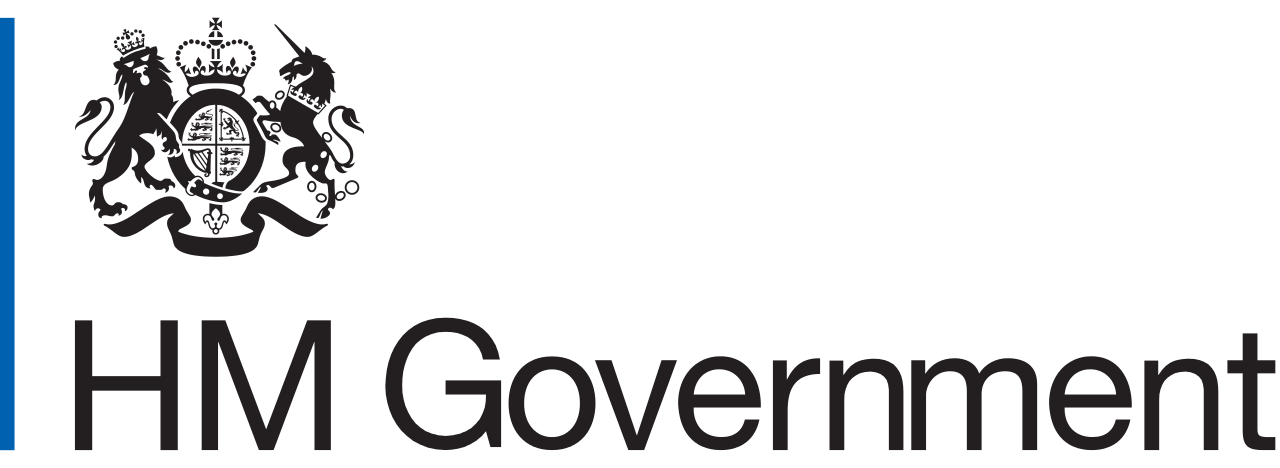Specialist manufacturing company NE Engineering in Norfolk has tripled its production since March after acquiring a high-tech turning machine. The business moved up through the gears, going from an eight-hour to a 24-hour operating and production process thanks to its new acquisition.
Based at Rackheath Industrial Estate, near Norwich, the business has risen to the ‘premier’ league where it can compete with Far East companies, and to top it all off it has just won a blue-chip client.
NE Engineering produces components and assemblies, which range from simple to innovative and technically complex solutions for renewable energy, EV renewable development, telecommunications, aerospace, oil and gas, and the automotive industry. It specialises in Computer Numerical Control (CNC) machining which is a manufacturing process during which pre-programmed computer software dictates the movement of factory tools and machinery. The firm also thrives because of its quality customer service, and lean manufacturing principles around reducing waste, increasing efficiency and driving down costs.
The business recently bought the high-spec turning centre with a £50,000 grant from the LEP’s Business Transition to Net Zero programme. The ‘Ferrari’ among these machines will help cut costs, achieve diversification and deliver low carbon features.
Commercial Director Daniel Clements says: “This opens doors to new customers. We have already acquired a blue-chip client in the oil & gas industry which operates in the hydrogen sector. This turning machine works differently to our other plants. It has more tools, and clever software and dynamics, such as regulating the temperature. For example, when heat rises, accuracy can be impaired, but this machine cools down and then continues. We can now compete with the Far East in terms of cost.”
Offering a one-stop-shop with a wider range of components saves clients time and costs. Daniel explains that the business is different to others because the team can also offer solutions working with clients on tailor-made components and assemblies.
He joined in 2019 and works with Director Neil Ellis on growing the business. The pair have really made an impact. In just three years, it went from less than half a million to nearly £3 million in revenue this year.
“We invest all our earnings back into the business,” says Daniel. “We have 15 machines – the full range – and a young enthusiastic workforce which is hungry for new tech and growth. We’re also looking to do more apprenticeships and complex work. The future is these guys.”
Being a sustainable business is at the core of the business’s ethos. Transitioning to net zero means looking at the existing 15 machines and potentially replacing them with less yet more efficient ones. The leadership has a clear plan as it seeks to ‘de-carbonise’ when making future decisions, reduce energy consumption to minimise the impact on natural resources, achieve more ISO accreditations, educate the team about carbon output and set a company-wide target. This is what a sustainable future looks like.
“We have a good name locally and the word is spreading nationally. We just did a purchase order for seven years, which is the lifespan of the product to go into a luxury car.”
Daniel started as an apprentice at 16 and became part of massive business growth. After working in a senior role, he looked for a new opportunity four years ago. Fast forward and NE Engineering is on the up, although the situation might have been different without the LEP’s support. “If we hadn’t received the grant, then we would have seriously had to think about purchasing this machine. On top of that cost, you also need to buy expensive software which is £10,000.
“The grant was a massive help and the application was a really good experience. Adviser Robert Turnbull opened our eyes to being more environmentally-friendly, and helped us understand our numbers and energy consumption. He helped us find ways to beat that curve by reducing costs and carbon emissions.
“We’ve already recommended the grant to three other businesses, advertised it and have details on the website. It has been a massive benefit to our business.”
Business Transition to Net Zero Grant is aimed at businesses in Norfolk and Suffolk with ambitions to reduce their carbon footprint and increase productivity.
Grants between £25k and £100k are available, with a maximum intervention rate of 20% of the cost of the development. To be awarded the minimum of £25k, you must show total project costs of at least £125k. To apply, contact New Anglia Growth Hub.




